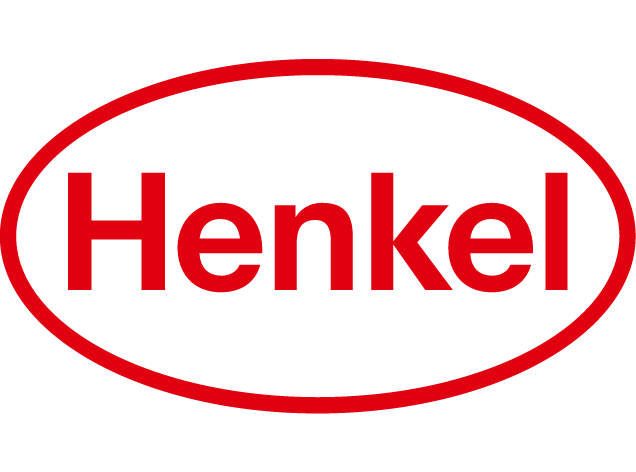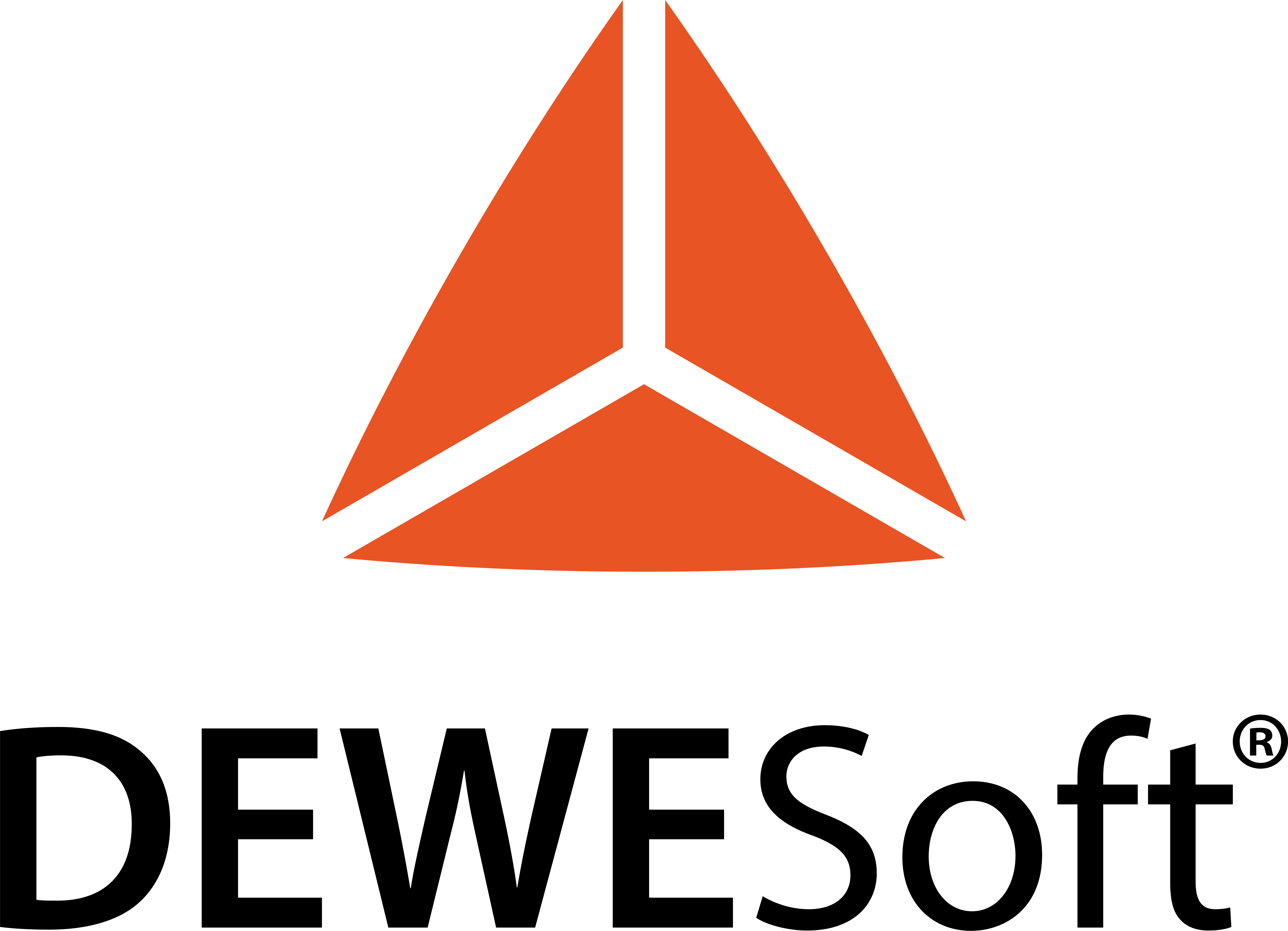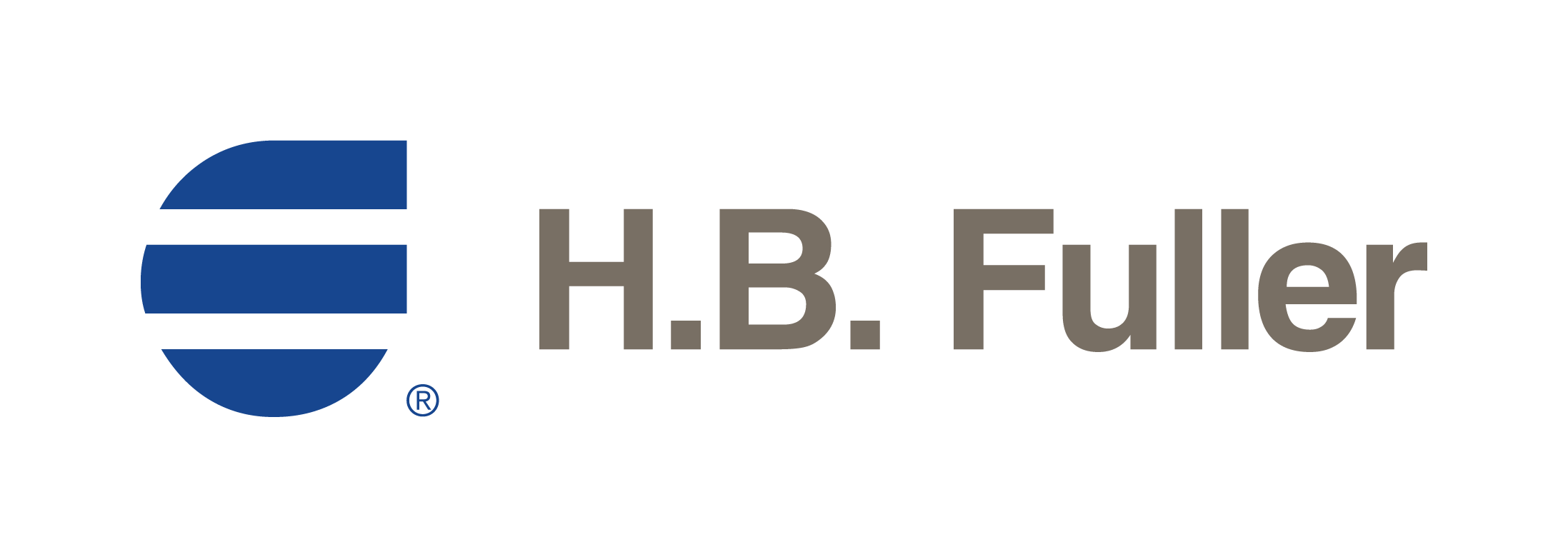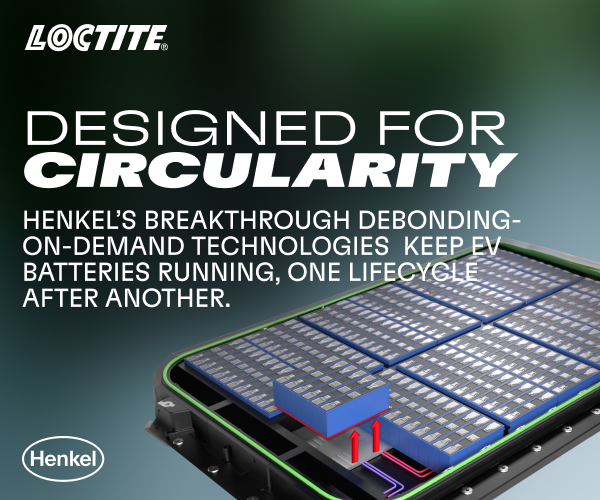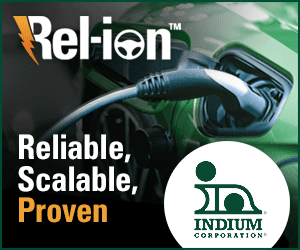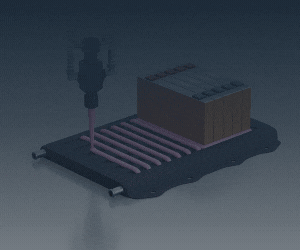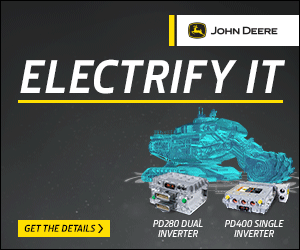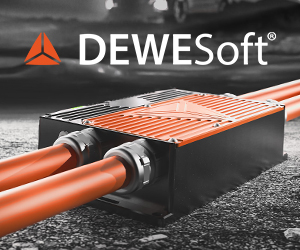GM to use US lithium for next-generation EV batteries through closed-loop process
General Motors has agreed to form a strategic investment and commercial collaboration with Controlled Thermal Resources (CTR) to secure local and low-cost lithium. The lithium will be produced using a closed-loop, direct extraction process that results in a smaller physical footprint, no production tailings and lower CO2 emissions than traditional processes such as pit mining or evaporation ponds.
Lithium is crucial to GM’s plans to make higher-mileage EVs more affordable.
The relationship between GM and CTR is expected to accelerate the adoption of lithium extraction methods that have less impact on the environment. A significant amount of GM’s future battery-grade lithium hydroxide and carbonate could come from CTR’s Hell’s Kitchen Lithium and Power development in the Salton Sea Geothermal Field, in California. With the help of GM’s investment, CTR’s closed-loop, direct extraction process will recover lithium from geothermal brine.
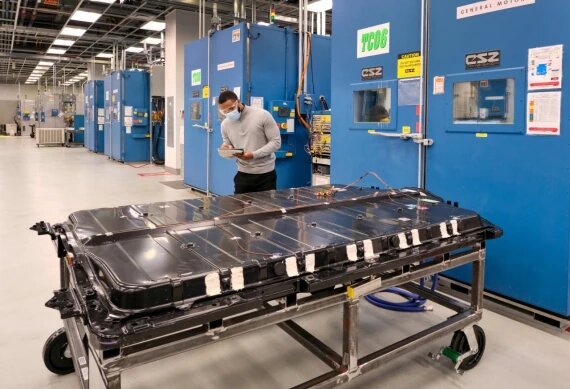
As an anticipated part of its $35 billion global commitment to EVs and autonomous vehicles, GM will be the first company to make a multi-million dollar investment in CTR’s Hell’s Kitchen project. As the first investor, GM will have first rights on lithium produced by the first stage of the project, including an option for a multi-year relationship.
“Lithium is critical to battery production, and will only become more important as consumer adoption of EVs increases and we accelerate towards our all-electric future,” said Doug Parks, GM executive vice-president, Global Product Development, Purchasing and Supply Chain. “By securing and localising the lithium supply chain in the US, we are helping to ensure our ability to make powerful, affordable, high-mileage EVs while also helping to mitigate environmental impact and bring more low-cost lithium to the market as a whole.”
Batteries are and will remain one of the largest cost drivers of EVs. Lithium is a key battery material, and is used in the cathodes and electrolytes of GM EVs such as the Chevrolet Bolt EV and Bolt EUV. It will become even more important in battery use as GM explores lithium metal batteries with a protected anode.
Most lithium used in lithium-ion batteries is currently mined and processed outside the US.
The first stage of the Hell’s Kitchen project is expected to begin yielding lithium in 2024, helping GM to meet its aspiration of eliminating tailpipe emissions from light-duty vehicles by 2035.
ONLINE PARTNERS

